Blog
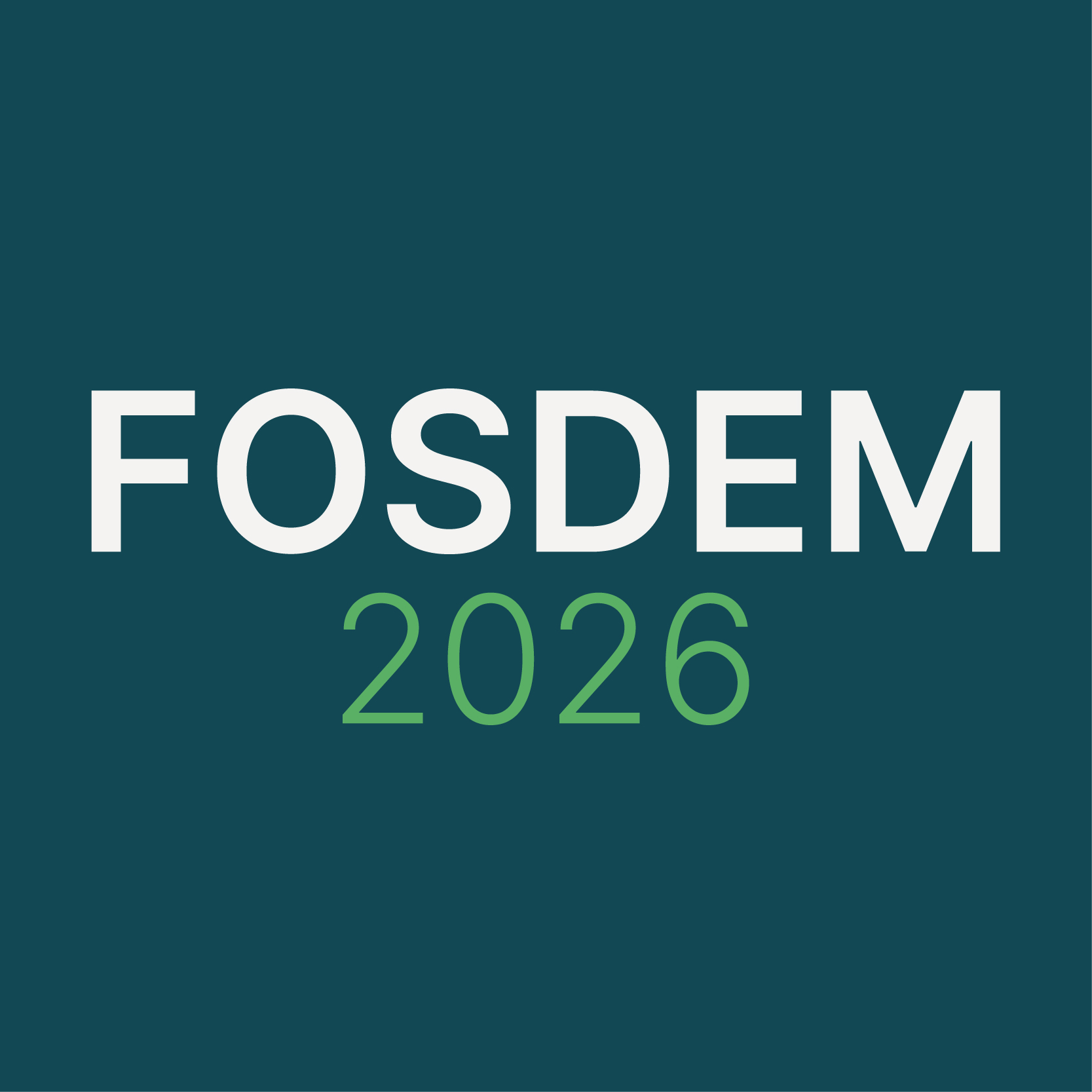
Codethink will be attending FOSDEM 2026 with multiple presentations, talks and panels from our team!
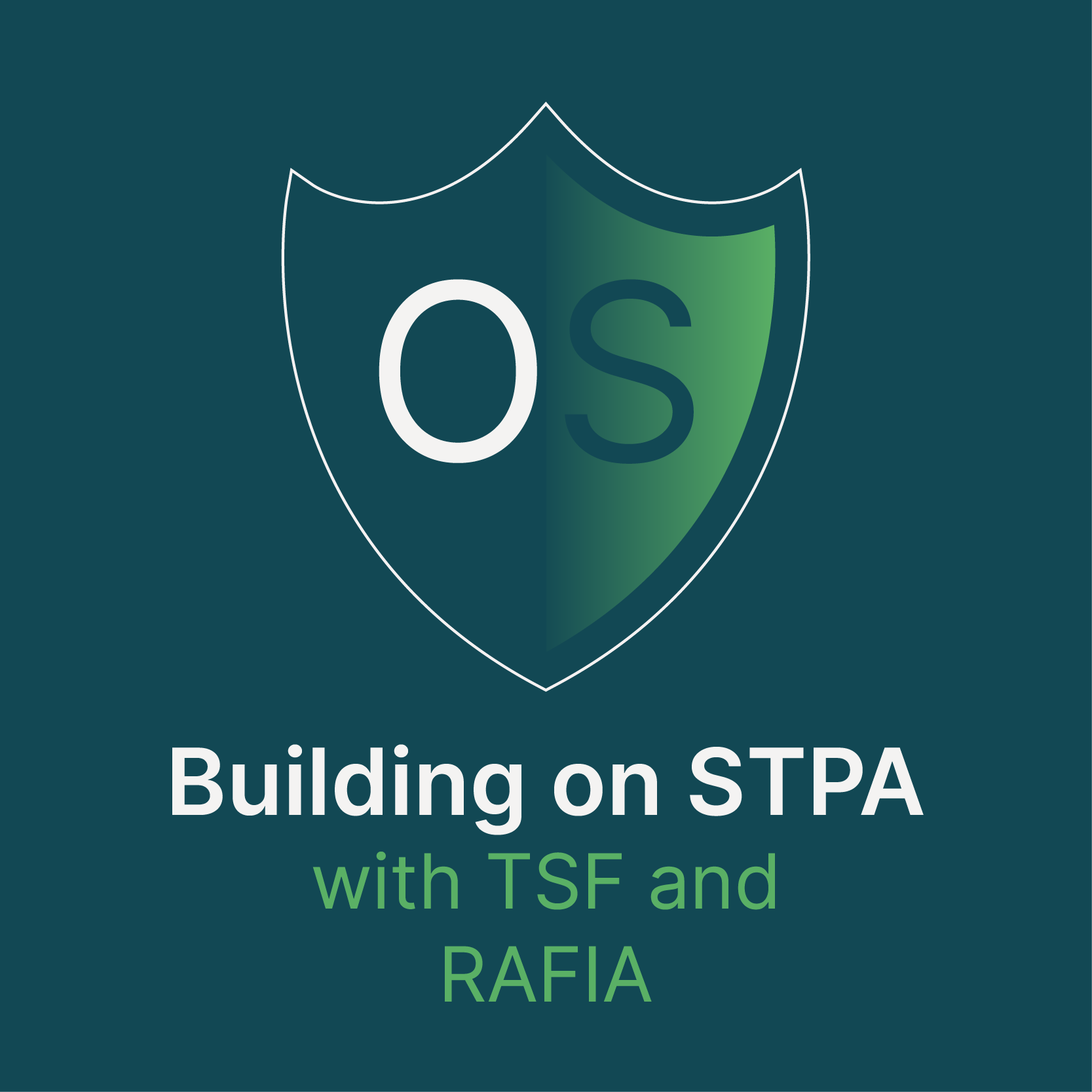
A case study of an iterative approach to safety engineering of a Linux-based OS, allowing lessons from hardware-in-the-loop tests to immediately feed back to a formal STPA analysis.
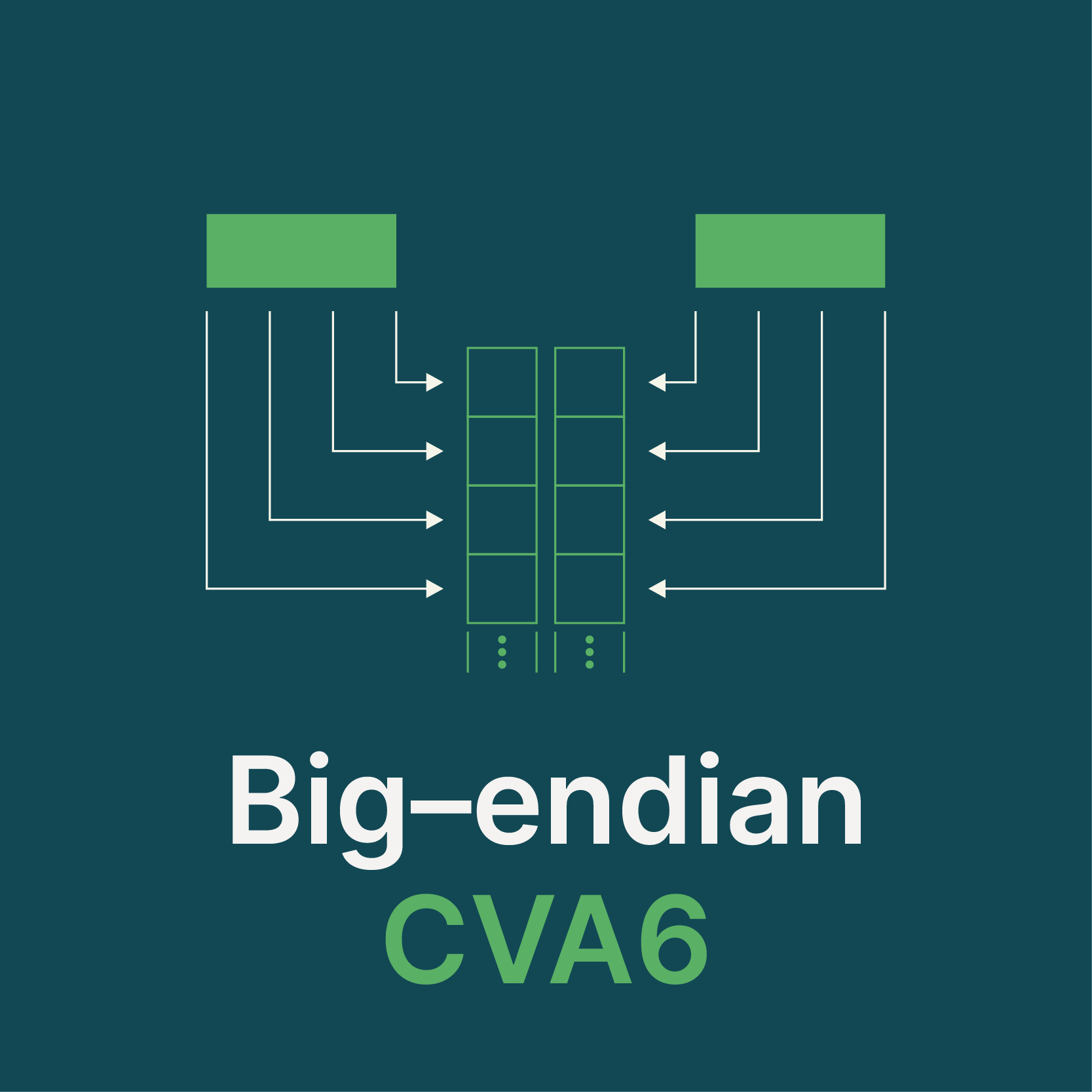
We added big‑endian support for an open-source RISC‑V processor and booted Linux on it, using an FPGA board.
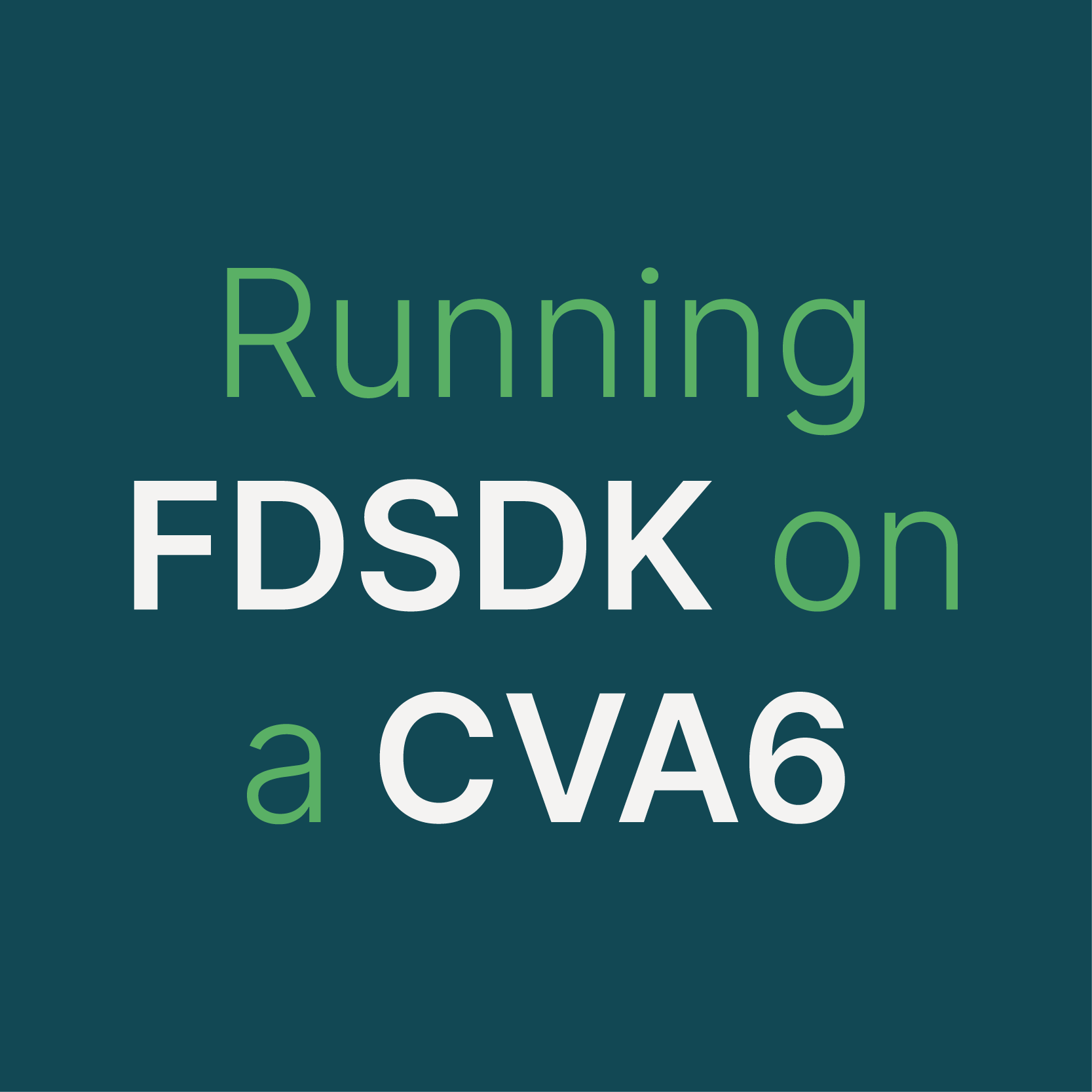
In this blogpost we will cover how to bring CVA6 processor up with Linux on it and how we replaced the OS there with a different one, based on Freedesktop SDK, updating the kernel version on the way.
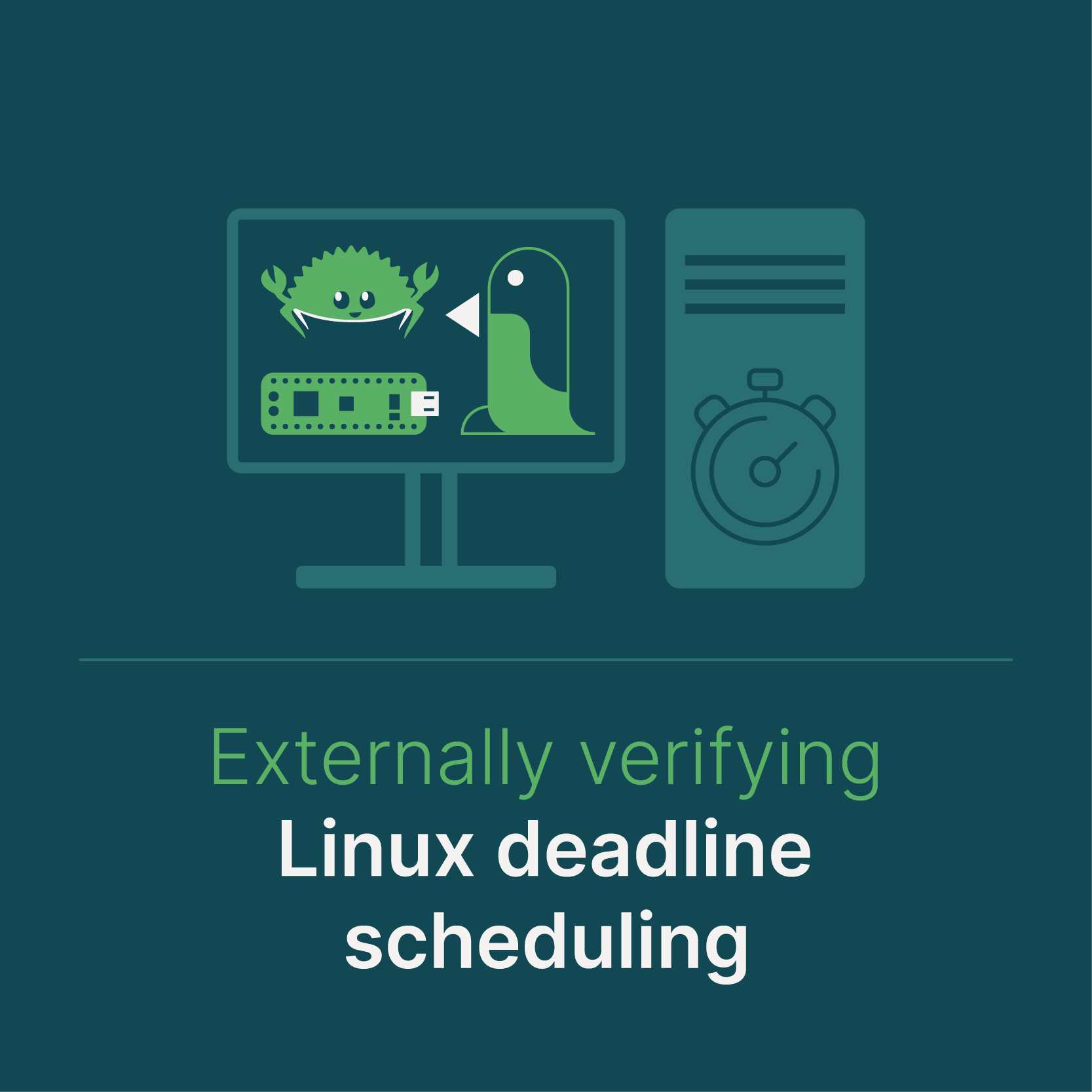
Exploring how Codethink used embedded Rust to measure Linux’s scheduling performance with an external clock, while maintaining bit-for-bit reproducibility of the testing firmware.
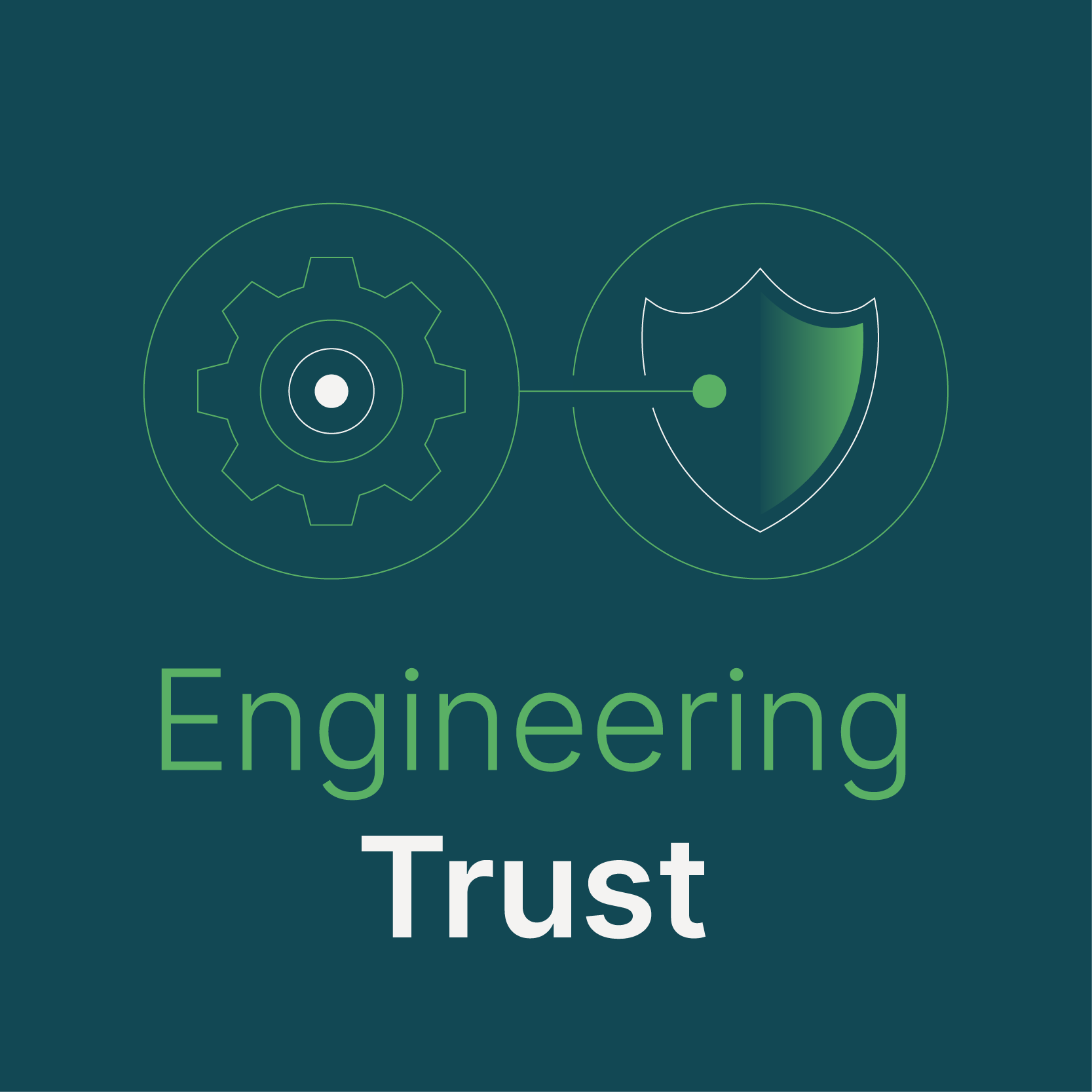
Our latest blog post provides an overview of the Trustable Software Framework and how it's applied.

Software is never a temporary feature, especially in the fast-moving world of embedded systems. In industries like automotive, software is at the core of the product’s function, but time and time again, companies treat it like a short-term asset.
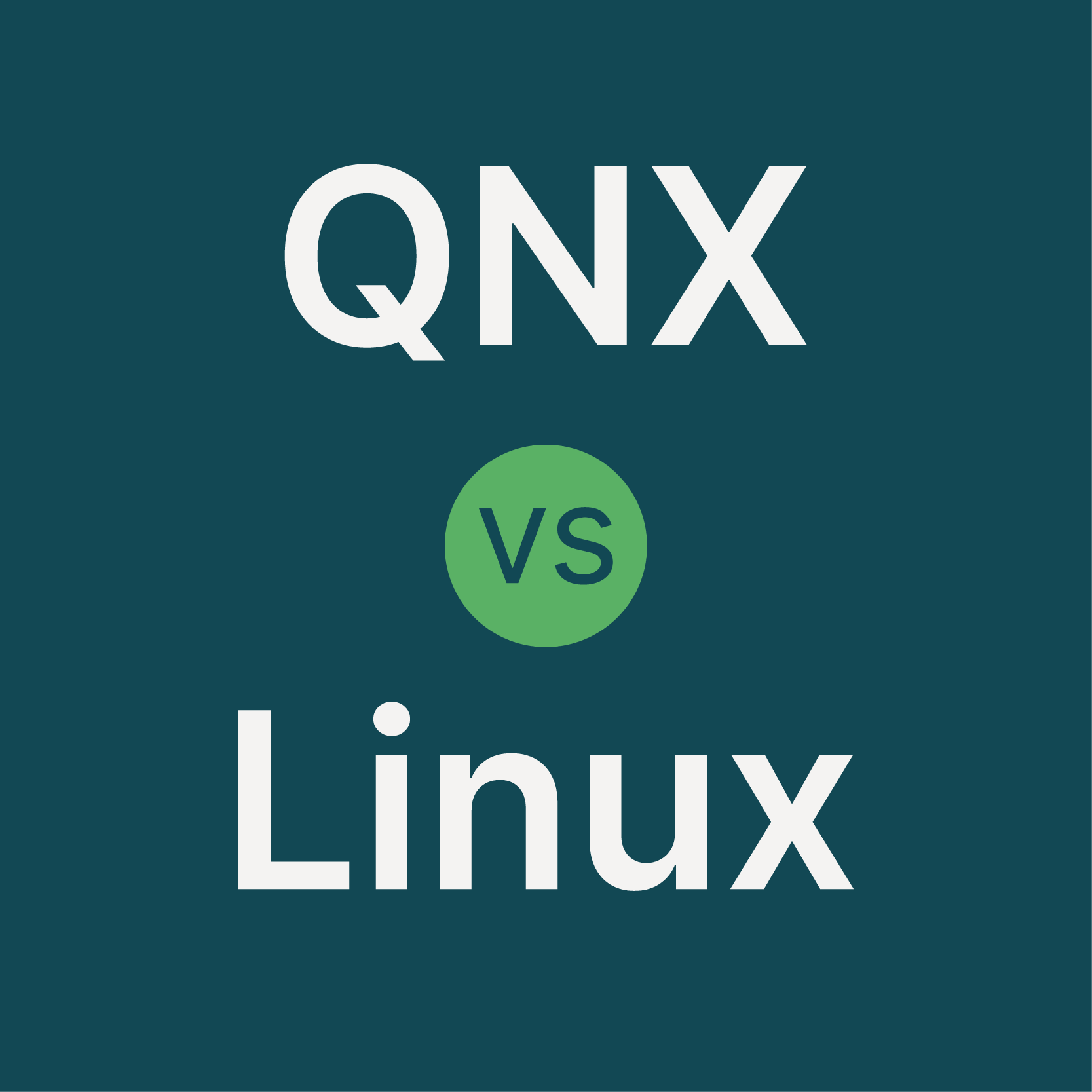
Codethink dives into the Linux vs. QNX debate—focusing on architecture, performance, scalability, and long-term production viability.
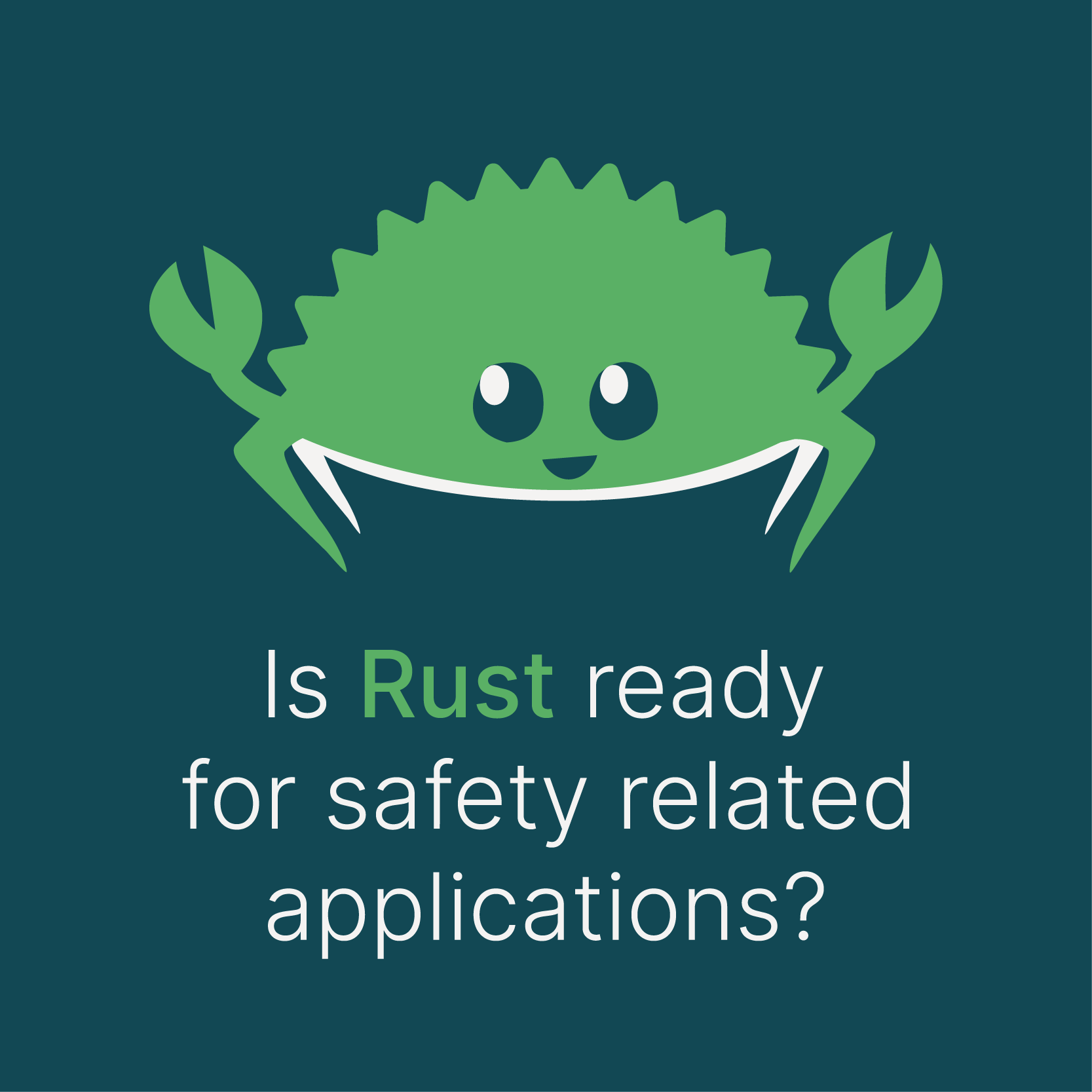
Three years ago, we co-presented about Rust's readiness for use in Automotive Safety contexts, let's look back at that and then consider the future.
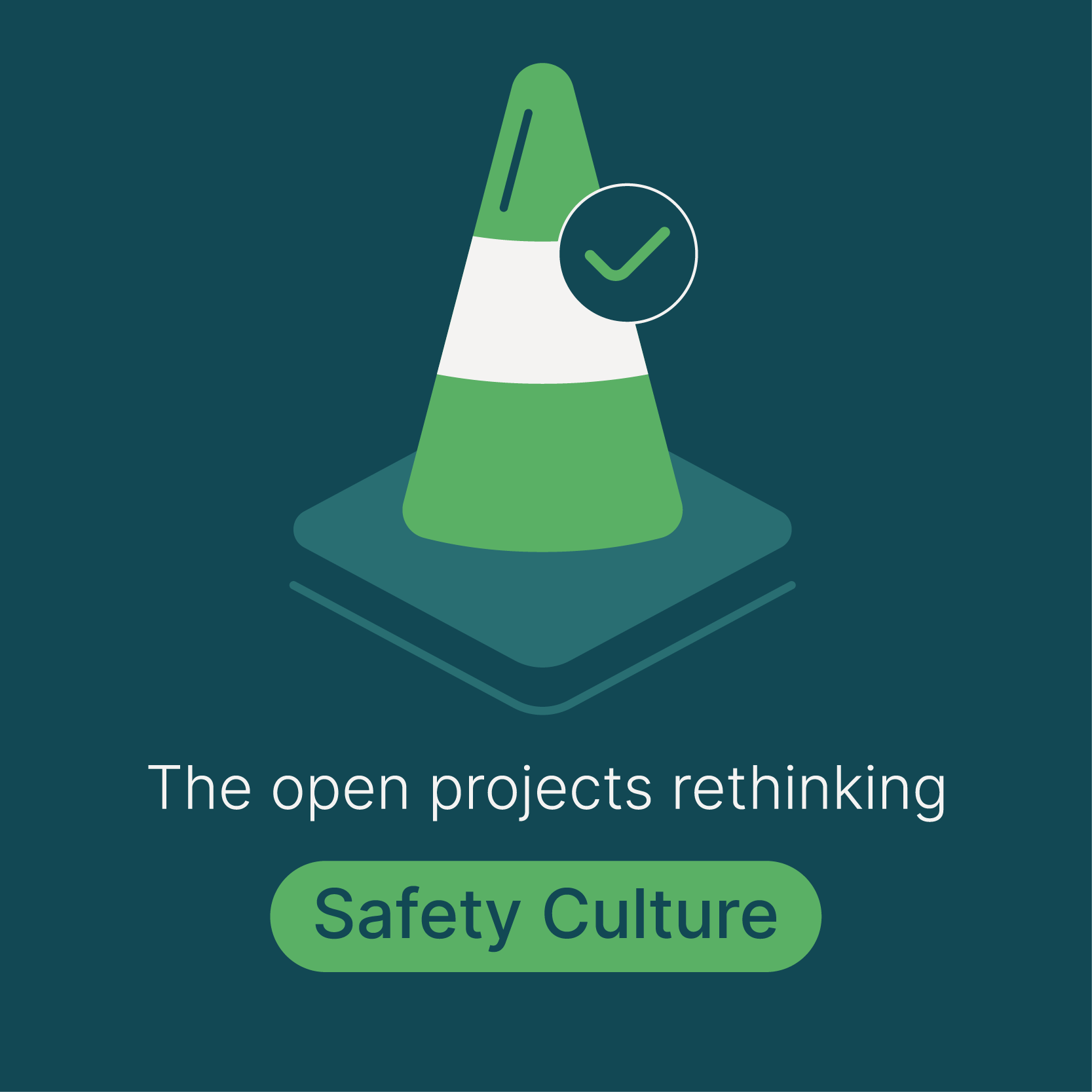
After Codethink's milestone on safe open source in safety-critical systems, we joined two workshops in Lund to explore the journey further.
Older Posts
- RISC-V Summit Europe 2025: What to Expect from Codethink
- Cyber Resilience Act (CRA): What You Need to Know
- Podcast: Embedded Insiders with John Ellis
- To boldly big-endian where no one has big-endianded before
- How Continuous Testing Helps OEMs Navigate UNECE R155/156
- Codethink’s Insights and Highlights from FOSDEM 2025
- CES 2025 Roundup: Codethink's Highlights from Las Vegas
- FOSDEM 2025: What to Expect from Codethink
- Codethink/Arm White Paper: Arm STLs at Runtime on Linux
- Speed Up Embedded Software Testing with QEMU
- Open Source Summit Europe (OSSEU) 2024
- Watch: Real-time Scheduling Fault Simulation
- Improving systemd’s integration testing infrastructure (part 2)
- Meet the Team: Laurence Urhegyi
- A new way to develop on Linux - Part II
- Shaping the future of GNOME: GUADEC 2024
- Developing a cryptographically secure bootloader for RISC-V in Rust
- Meet the Team: Philip Martin
- Improving systemd’s integration testing infrastructure (part 1)
- A new way to develop on Linux
- RISC-V Summit Europe 2024
- Safety Frontier: A Retrospective on ELISA
- Codethink sponsors Outreachy
- The Linux kernel is a CNA - so what?
- GNOME OS + systemd-sysupdate
- Codethink has achieved ISO 9001:2015 accreditation
- Outreachy internship: Improving end-to-end testing for GNOME
- Lessons learnt from building a distributed system in Rust
- FOSDEM 2024
- QAnvas and QAD: Streamlining UI Testing for Embedded Systems
- Outreachy: Supporting the open source community through mentorship programmes
- Using Git LFS and fast-import together
- Testing in a Box: Streamlining Embedded Systems Testing
- SDV Europe: What Codethink has planned
- How do Hardware Security Modules impact the automotive sector? The final blog in a three part discussion
- How do Hardware Security Modules impact the automotive sector? Part two of a three part discussion
- How do Hardware Security Modules impact the automotive sector? Part one of a three part discussion
- Automated Kernel Testing on RISC-V Hardware
- Automated end-to-end testing for Android Automotive on Hardware
- GUADEC 2023
- Embedded Open Source Summit 2023
- RISC-V: Exploring a Bug in Stack Unwinding
- Adding RISC-V Vector Cryptography Extension support to QEMU
- Introducing Our New Open-Source Tool: Quality Assurance Daemon
- Achieving Long-Term Maintainability with Open Source
- FOSDEM 2023
- PyPI Security: How to Safely Install Python Packages
- BuildStream 2.0 is here, just in time for the holidays!
- A Valuable & Comprehensive Firmware Code Review by Codethink
- GNOME OS & Atomic Upgrades on the PinePhone
- Flathub-Codethink Collaboration
- Codethink proudly sponsors GUADEC 2022
- Tracking Down an Obscure Reproducibility Bug in glibc
- Web app test automation with `cdt`
- FOSDEM Testing and Automation talk
- Protecting your project from dependency access problems
- Porting GNOME OS to Microchip's PolarFire Icicle Kit
- YAML Schemas: Validating Data without Writing Code
- Deterministic Construction Service
- Codethink becomes a Microchip Design Partner
- Building an Open Source Robot Hand with NVIDIA Jetson and AI
- Using STPA with software-intensive systems
- Codethink achieves ISO 26262 ASIL D Tool Certification
- RISC-V: running GNOME OS on SiFive hardware for the first time
- Automated Linux kernel testing
- Native compilation on Arm servers is so much faster now
- Higher quality of FOSS: How we are helping GNOME to improve their test pipeline
- RISC-V: A Small Hardware Project
- Why aligning with open source mainline is the way to go
- Build Meetup 2021: The BuildTeam Community Event
- A new approach to software safety
- Does the "Hypocrite Commits" incident prove that Linux is unsafe?
- ABI Stability in freedesktop-sdk
- Why your organisation needs to embrace working in the open-source ecosystem
- RISC-V User space access Oops
- Tracking Players at the Edge: An Overview
- What is Remote Asset API?
- Running a devroom at FOSDEM: Safety and Open Source
- Meet the codethings: Understanding BuildGrid and BuildBox with Beth White
- Streamlining Terraform configuration with Jsonnet
- Bloodlight: Designing a Heart Rate Sensor with STM32, LEDs and Photodiode
- Making the tech industry more inclusive for women
- Bloodlight Case Design: Lessons Learned
- Safety is a system property, not a software property
- RISC-V: Codethink's first research about the open instruction set
- Meet the Codethings: Safety-critical systems and the benefits of STPA with Shaun Mooney
- Why Project Managers are essential in an effective software consultancy
- FOSDEM 2021: Devroom for Safety and Open Source
- Meet the Codethings: Ben Dooks talks about Linux kernel and RISC-V
- Here we go 2021: 4 open source events for software engineers and project leaders
- Xmas Greetings from Codethink
- Call for Papers: FOSDEM 2021 Dev Room Safety and Open Source Software
- Building the abseil-hello Bazel project for a different architecture using a dynamically generated toolchain
- Advent of Code: programming puzzle challenges
- Improving performance on Interrogizer with the stm32
- Introducing Interrogizer: providing affordable troubleshooting
- Improving software security through input validation
- More time on top: My latest work improving Topplot
- Orchestrating applications by (ab)using Ansible's Network XML Parser
- My experience of the MIT STAMP workshop 2020
- Red Hat announces new Flatpak Runtime for RHEL
- How to keep your staff healthy in lockdown
- Bloodlight: A Medical PPG Testbed
- Bringing Lorry into the 2020s
- How to use Tracecompass to analyse kernel traces from LTTng
- Fixing Rust's test suite on RISC-V
- The challenges behind electric vehicle infrastructure
- Investigating kernel user-space access
- Consuming BuildStream projects in Bazel: the bazelize plugin
- Improving RISC-V Linux support in Rust
- Creating a Build toolkit using the Remote Execution API
- Trusting software in a pandemic
- The Case For Open Source Software In The Medical Industry
- My experiences moving to remote working
- Impact of COVID-19 on the Medical Devices Industry
- COVID-19 (Coronavirus) and Codethink
- Codethink develops Open Source drivers for Microsoft Azure Sphere MediaTek MT3620
- Codethink partners with Wirepas
- Testing Bazel's Remote Execution API
- Passing the age of retirement: our work with Fortran and its compilers
- Sharing technical knowledge at Codethink
- Using the REAPI for Distributed Builds
- An Introduction to Remote Execution and Distributed Builds
- Gluing hardware and software: Board Support Packages (BSPs)
- Engineering's jack of all trades: an intro to FPGAs
- Bust out your pendrives: Debian 10 is out!
- Why you should attend local open source meet-ups
- Acceptance, strife, and progress in the LGBTIQ+ and open source communities
- Codethink helps York Instruments to deliver world-beating medical brain-scanner
- Codethink open sources part of staff onboarding - 'How To Git Going In FOSS'
- Getting into open source
- How to put GitOps to work for your software delivery
- Open Source Safety Requirements Analysis for Autonomous Vehicles based on STPA
- Codethink engineers develop custom debug solution for customer project
- Codethink contributes to CIP Super Long Term Kernel maintenance
- Codethink creates custom USB 3 switch to support customer's CI/CD pipeline requirements
- Codethink unlocks data analysis potential for British Cycling
- MIT Doctor delivers Manchester masterclass on innovative safety methodology
- Balance for Better: Women in Technology Codethink Interviews
- Introducing BuildGrid
- Configuring Linux to stabilise latency
- GUADEC 2018 Talks
- Hypervisor Not Required
- Codethink at ELCE 2017
- Towards Trustable Software White Paper
- Why support community driven FOSS events
- Error Correcting Codes and Erasure Codes
- Introducing BuildStream
- Why Codethink is a founding member of the Civil Infrastructure Platform, a Linux Foundation initiative
- Using and understanding top to measure CPU and memory consumption
- Validating Schemas in YAML
- GENIVI Development Platform
- Codethink announces Open Fortran Compiler
- Lautsprecher Teufel Build Process Improvements Part 2
- Lautsprecher Teufel Build Process Improvements
- Visualising the Software Integration process for whole systems
- Codethink's Zara Zaimeche Interviewed on Storyboard Development
- Measuring the Iris
- How to run Standups on IRC/Slack
- Codethink Joins Automotive Grade Linux
- Codethink Sponsors systemd.conf
- Codethink's Paul Sherwood on GENIVI 'Crack in the Foundation'
- Visteon and Codethink Collaborate
- AppliedMicro and Codethink Announce Partnership
- OpenStack Public Cloud on 64-bit ARM servers with DataCentred
- First Public Baserock Meetup to be held in Manchester
- No Secret Sauce, Just Open Source
- GENIVI most valuable contributor
